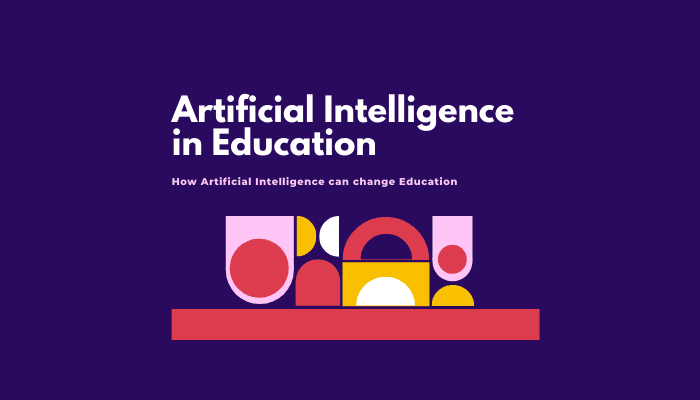Conversations about Artificial Intelligence usually involve robots, space exploration machines, and smart home devices. The impact of this technology on education is much less discussed, although AI could change it completely.
For years, all teachers have struggled to help each student while taking their differences into account. This is especially difficult in classes of twenty, thirty people, each of whom, regardless of their abilities, must take standardized tests.
Almost every country in the world has a similar system of education, which has changed little in the last fifty years. Students sit in the same class and do the same assignments, using the same textbooks, regardless of their progress in a particular subject. One part of the class doesn’t have time to master the material, while the other part quickly passes it and gets bored.
AI can solve this problem. Already today it helps teachers to personalize the learning process: pupils get an opportunity to learn new things at a comfortable pace, using special applications. They become a kind of tutor for students and help them realize their maximum potential so they don’t need essay help in the future.
Here’s how AI can make education better, cheaper, and more accessible.
AI can be a tutor
An AI tutor is always there for the student, which is impossible in other environments. The app allows you to go in at any time and further study a topic you don’t understand.
Now the AI also helps with tasks such as calculations in chemistry. To do this, the algorithm analyzed thousands of school papers, identified problem areas, and created individual lessons to fill gaps in knowledge. In addition, this kind of analysis gives teachers insight into the abilities of students and the ability to adjust their curricula. Several tutoring apps are now available.
- Brainly. A social network where students interact by discussing schoolwork.
- Thinkster Math. A math tutoring app that combines a standard curriculum with a personalized teaching style. Offers step-by-step problem solving and math skill development with videos and quick answers.
- Netex Learning. Helps teachers incorporate interactive audio and video content into lessons. With Netex Learning, even teachers with zero technical skills can create their lesson plans for different digital platforms and devices.
AI can automate assessment
Checking homework and tests can be a tedious task even for experienced teachers, who often point out that this time would be much better spent on more thorough preparation for lessons and more active interaction with students. AI advances can make this possible.
Of course, there are disadvantages to automating assessments. It requires a reliable Internet connection to work effectively, and the algorithm itself isn’t cheap. And while AI may never be able to truly replace teacher assessment, it’s getting pretty close to doing so. Teachers can now automate the grading of almost all kinds of multiple-choice assignments, and fill-in-the-blanks testing and automatic student assessment can be faster than expected.
By automating simple tasks such as grading and scheduling, teachers can free up time to communicate with students. In the future, AI will learn to fully check written work and exam assignments using established metrics and benchmarks, eliminating bias and favoritism.
And finally, AI can improve the education system
One teacher can never meet the needs of a class of 60. In such situations, the introduction of AI-based applications in the classroom can be a solution to the problem of low quality and inaccessibility of education in remote areas, as well as to reduce the shortcomings of the existing education system.



































